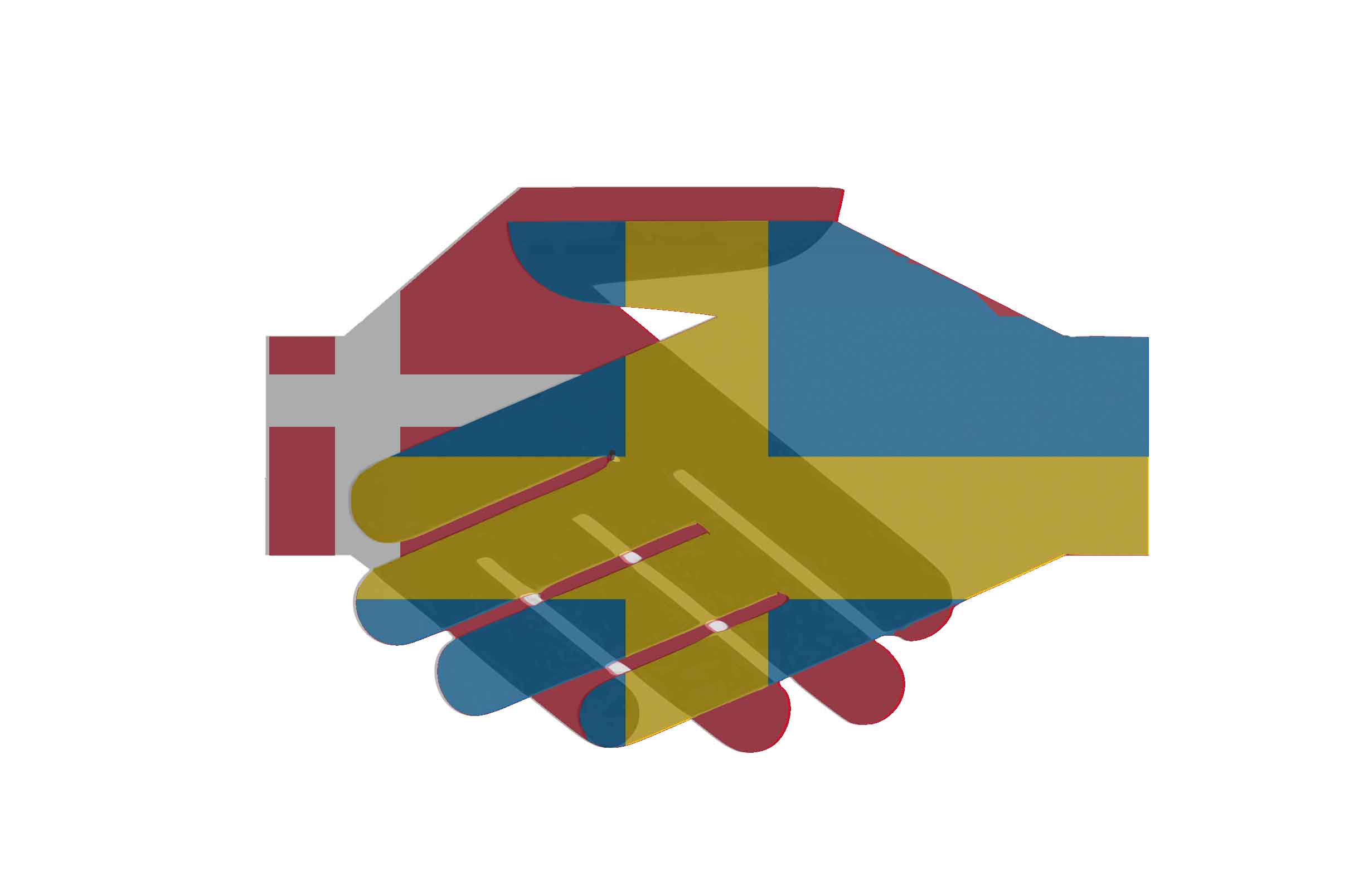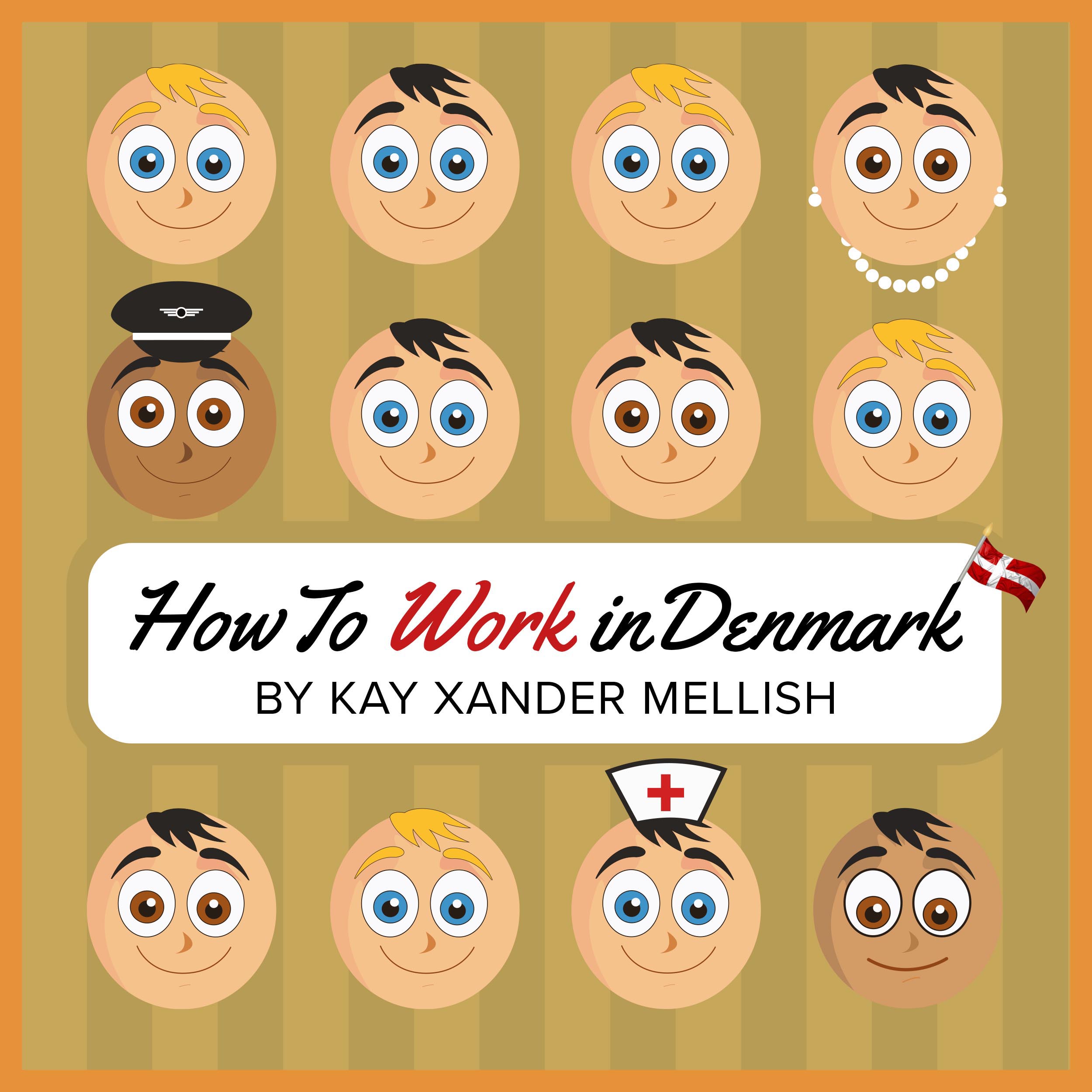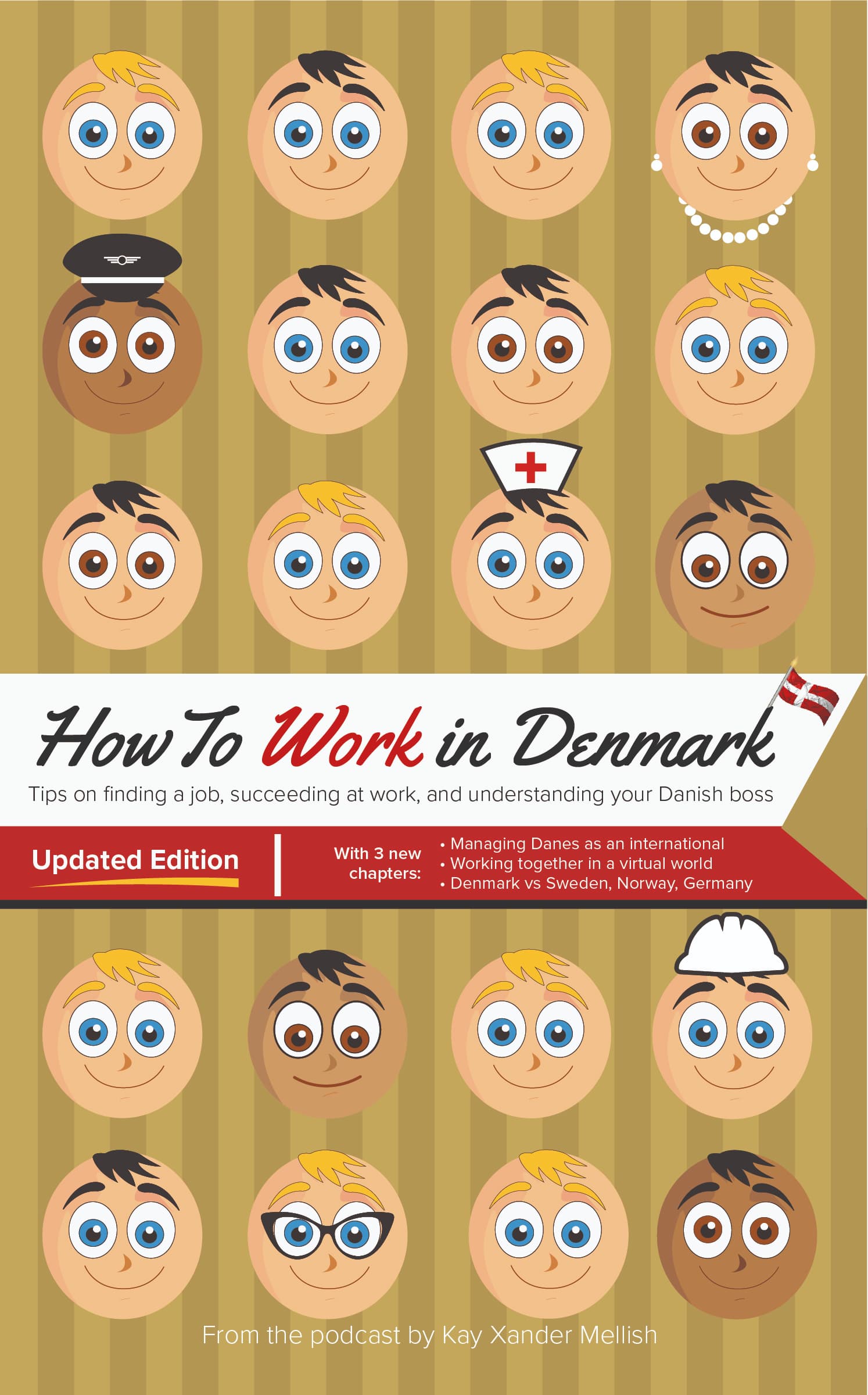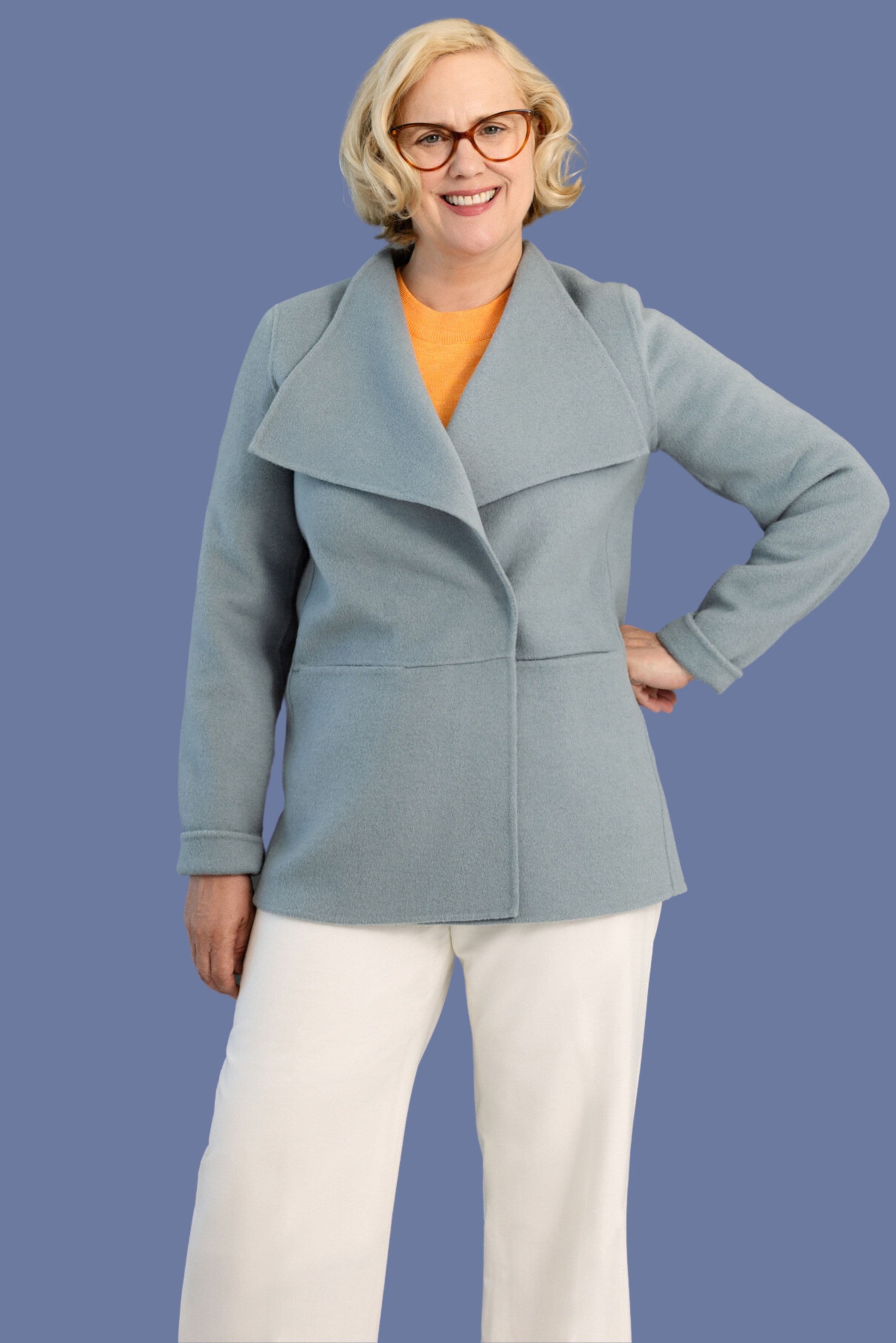Danish working culture vs Swedish working culture
Here are 5 major differences
Like Swedish and Danish culture in general, Danish working culture and Swedish working culture have more similarities than differences.
Both countries shy away from hierarchy and rarely use job titles. Both place a strong emphasis on job satisfaction and work-life balance.
And both offer extensive benefits to workers, including generous time off to care for children.
But there are a few significant differences between Swedish and Danish working culture.
1. Swedes make decisions by consensus – and often very slowly
It sounds rather noble – that everyone in a group should have to agree before any action is taken. In practice, this can mean an extremely long Swedish decision-making process than can try the patience of Danes, or anyone else.
Danes care about consensus, but not to the extreme that Swedes do, so their decision-making process is often quicker.
However, for the extremely practical Danes, decisions are only final as long as they remain the best possible option. If a new and better option arises, that “final” decision can quickly be revised.
When Danes and Swedes work together, the Swedes often think they’ve agreed on something – and then see the Danes go off and do something entirely different.
2. Danes change jobs more often than Swedes do.
Sweden’s big corporate names are known all over the world – IKEA, Volvo, H&M, Electrolux – and its GDP is 55% greater than Denmark’s. It’s ironic, then, that many Swedes have been commuting across the Øresund Bridge to work in Denmark in recent years. Unemployment is lower in Denmark and the strength of the Danish kroner against its Swedish equivalent makes for better wages.
And the Danish labor market is simply more flexible than the Swedish one – in a recent survey of EU countries, Denmark came in #1 in terms of employment flexibility, while Sweden was #29. Part of this is the difficulty of getting rid of employees in Sweden; it is not only legally tricky but socially frowned upon.
It’s easier to get a job in Denmark, but it’s also much easier to be let go from one. Almost everybody in Denmark has been made redundant at one time or another, so there is little stigma. In general, Danes change jobs more frequently than Swedes do.
3. Swedes care more about formal processes than Danes
Swedes would probably say they are more organized and reliable than the Danes, who they often see as the fun but slightly lazy little brother who is lacking in self-control.
They generally care more about formal processes and the “correct” way of getting things done, while Danes tend to default to whatever is quickest and most practical.
The Danes, for their part, often see the Swedes as the stiff, self-righteous older brother, with absolutely no sense of humor about himself.
It’s worth noting that the Swedes have long been called the Prussians of Scandinavia – neat, tidy, and rather uptight. For centuries, the aristocracy in Sweden was much more important than it was in the other Nordic countries, and it shows.
The Danes, by contrast, are often called the Latins of Scandinavia. They’re more spontaneous than other Nordic citizens, and more open to a vibrant discussion that includes robust disagreement.
The Swedes sometimes see them as untrustworthy, loud, and rather messy.
4. Danes ask more questions than Swedes
The Danish educational system brings up children to ask question after question, which Swedish managers can find a bit annoying in the workplace.
In general, the Danes are more willing to challenge the status quo and than the Swedes, where a culture of self-censorship keeps everyone within a thin window of acceptable ideas.
“Danish people simply talk about what they feel like talking about,” says one international who has lived in both countries, “while Swedish people are more anxious and feel they have to say the most appropriate things in a higher social context. A Swedish conversation can include ten grown ups all saying things they don’t actually believe in — you won’t find that in Denmark.”
In addition, Danes are more likely to give direct negative feedback when they’re not happy with some part of the working experience, something their Swedish counterparts can find unnecessarily harsh. Swedes tend to avoid conflicts.
5. Danish humor is a part of their workday – but Swedes don’t get it
Sarcasm and ironic, mocking humor is an integral part of the Danish character – but the Swedes don’t get it, and neither do many other nationalities, with the possible exception of the British.
For Danes, making fun of others and being willing to be made fun of in return is part of enjoying life. So is admitting your mistakes – as expressed through the Danish tradition of the kvajebajer or “failure beer” you buy for all of your colleagues who have seen you make an awkward or avoidable mistake. (A kvajekage, or failure cake, can be substituted during working hours.)
Swedes, by contrast, are proud of being some of the world’s most politically correct people, and would never consider making fun of someone’s personal characteristics.
But anything can be the basis of a joke in Denmark – where Swedes are known for their terrible haircuts. “I’ve got to get to a barber,” a Danish friend told me recently. “I’m starting to get Swedish hair.”












